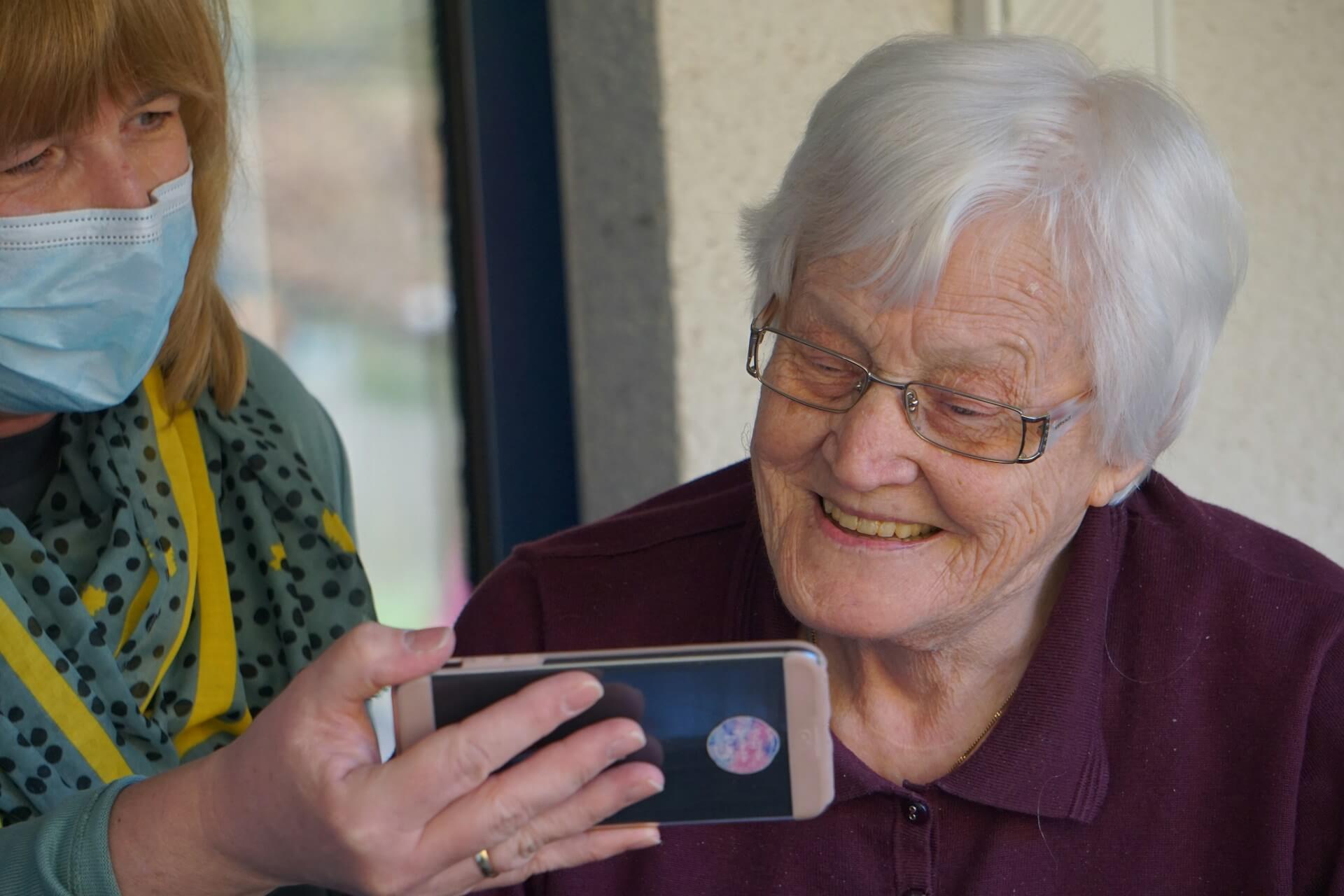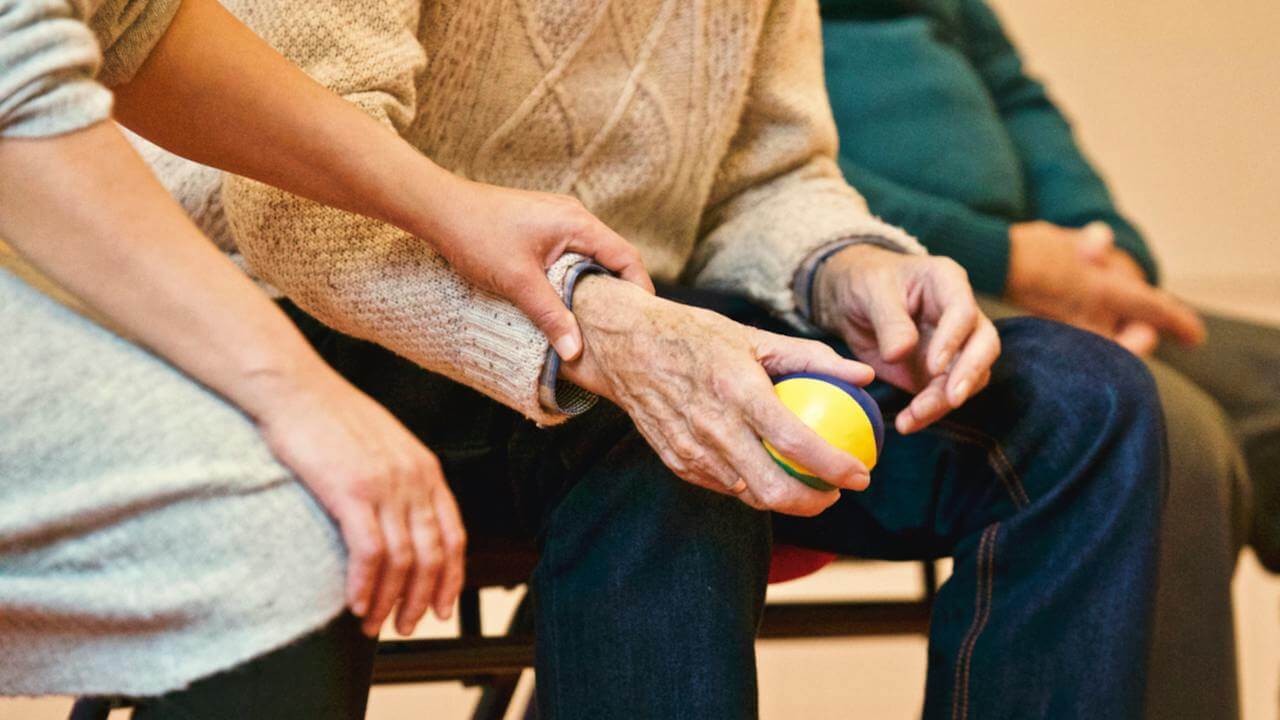What are you thankful for as a caregiver? The help of others? The miracle of patience? The grace of cherishing a loved one despite the grief caregiving brings? Rest assured that somebody is counting you among their blessings, too. They just might need help expressing it.
So here are some ideas for how to thank a caregiver, paid or unpaid. Pass them along; maybe the gratitude will float back to you. (Or maybe you can get a third party to send these hints to someone who needs them. We can wish on our wishbones, can't we?)

-
Send GOOD food to a facility. Bringing treats to a nursing home or hospital is always welcomed by staff. But they don't really want or need more doughnuts, pizza, and cookies. Think seasonal and special: spiced nuts, pumpkin or cranberry muffins, a veggie tray, cheese and crackers, an edible flower-shaped fruit arrangement, sparkling grape juice.
-
Provide the feast. For a special aide, hospice worker, or other helpers who have to work the holiday, consider putting together a basket of turkey-dinner fixings. They can take it home to prepare it another day. Or offer to fund (or prepare) a special staff luncheon for a facility.
-
Offer a bonus. 'Tis the holiday season, and let's face it, hired caregivers are more valuable in terms of giving peace of mind and practical assistance than, say, your manicurist or dog groomer or others who crop up on annual lists of service workers who deserve something extra over the holiday. (Check what's permissible for people hired through agencies; some nurses and aides aren't permitted to accept gifts, while others have an amount ceiling.)
-
Make a donation in a helpful staffer's name. A nice alternative where cash is verboten: Give to a pertinent organization (a local hospice or the Alzheimer's Association, for example). Key: Be sure to let the person's supervisor know.
-
Above all, say it. The bare minimum way to give thanks to a caregiver is actually one that people in the business say they prize more than anything else: Hearing heartfelt "thanks." Write your gratitude down in a card or letter: "We are thankful that you've entered our lives to help X. And so we wanted to be sure you hear it directly: Thank You So Much for everything you do."
From GriefHealing: 10 Ways to Thank a Caregiver via @Caring on X


 Tweet
Tweet
 Share
Share



